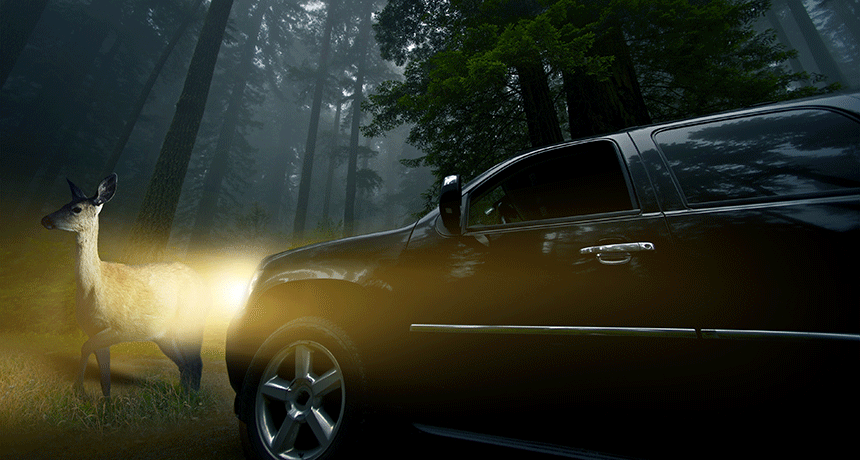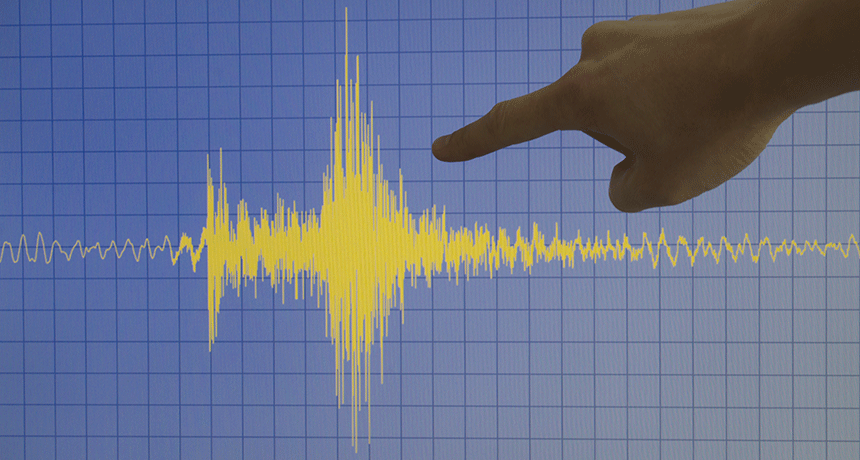HS-PS4-1
Use mathematical representations to support a claim regarding relationships among the frequency, wavelength, and speed of waves traveling in various media.
-
 Physics
PhysicsGiving Notre Dame back her unique voice
A 2019 fire robbed Paris’ Notre Dame cathedral of more than her roof. She also lost her voice. Now scientists are using acoustics to return her unique soundscape.
-
 Physics
PhysicsHere’s how quantum mechanics lets heat cross a vacuum
Heat can move across a vacuum if the span is small enough. As in really, really small. In a new experiment, the gap was only a few hundred nanometers.
-
 Animals
AnimalsWhales echolocate with big clicks and tiny amounts of air
Toothed whales may echolocate using bits of air that they recycle inside their heads to conserve both air and energy.
-
 Earth
EarthExplainer: Earth — layer by layer
Explore the sizzling heat, unimaginable pressures — and some surprise diamonds — that sit beneath our feet. This is the side of Earth that you can’t see.
By Beth Geiger -
 Health & Medicine
Health & MedicineExplainer: What is ultrasound?
These sound waves, which fall above the range of human hearing, are important in medicine, medical imaging and more.
-
 Tech
TechNew eyewear could help the visually impaired
Young inventors develop novel electronics to help people identify colors and navigate obstacles.
By Sid Perkins -
 Science & Society
Science & SocietyHeating up the search for hidden weapons
Using an off-the-shelf camera and an innovative bit of software, a high-school student developed the means to inexpensively detect a hidden weapon.
By Sid Perkins -

Protecting deer with high-pitched noises
After her uncle crashed his truck into a deer, this teen decided to find out if there was a sound that would drive the animals away from roads.
-
 Earth
EarthExplainer: Seismic waves come in different ‘flavors’
Earthquakes generate several different types of seismic waves, some more damaging than others
By Sid Perkins -
 Physics
PhysicsDisabilities don’t stop these experts in science and tech
People with disabilities are as varied as the careers some of them pursue in science, technology, engineering and math.
-
 Health & Medicine
Health & MedicineScientists Say: Acoustic
Acoustic is an adjective used to describe something involving sound. It’s also a noun that refers to the branch of physics that studies sound.
-
 Physics
PhysicsGravitational waves detected yet again
For the third time in 16 months, scientists have announced detection of gravitational waves washing over the spacetime environment in which Earth resides. This seems to show that such waves may not be rare.